CheMatSustain project
This project ends on: 31/12/2027
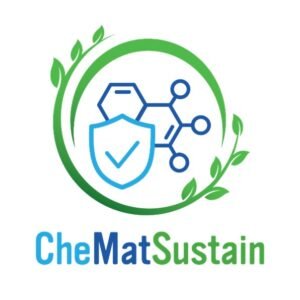
IMPLEMENTING INNOVATIVE METHODS FOR SAFETY AND SUSTAINABILITY ASSESSMENTS OF CHEMICALS AND MATERIALS PARTICULARLY AT NANO LEVEL IN THE EUROPEAN UNION
CheMatSustain is a research initiative, funded by the Horizon Europe Programme of the European Union. Spanning for a 48-month period, our consortium comprises 10 scientific partners from 7 EU countries, alongside collaboration with 1 esteemed UK Associate Partner and lead by the Hamburg University of Applied Sciences.
At CheMatSustain, we recognize the transformative potential of nanotechnology and the significance of Safe and Sustainable by Design (SSbD) strategies in ensuring the safety and sustainability of nanomaterials and nanotechnology. Thus, the project envisions a future where innovative methods for safety and sustainability assessments of chemicals and materials, especially at the nano level, play a pivotal role in achieving a climate-neutral, circular economy continent. Through collaboration, research, and innovation, we strive to pave the way for a brighter, greener future for generations to come.
Contact:
Dr. Jelena Barbir: info@chematsustain.eu
website: https://chematsustain.eu/




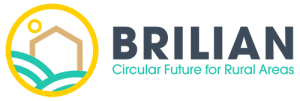
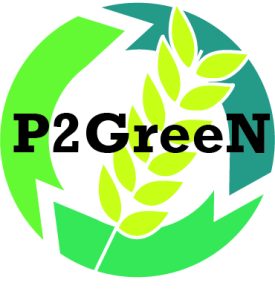
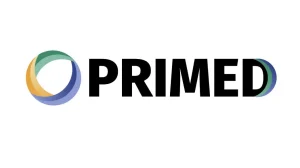
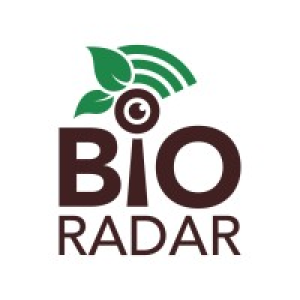
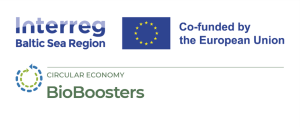
 The BlueMissionMed Coordination and Support Action (CSA) will design, structure and support a well-functioning basin scale innovation ecosystem, ensuring fast progress towards the achievement of EU Mission “Restore Our Oceans and Waters by 2030” objectives and important impact on the society.
The BlueMissionMed Coordination and Support Action (CSA) will design, structure and support a well-functioning basin scale innovation ecosystem, ensuring fast progress towards the achievement of EU Mission “Restore Our Oceans and Waters by 2030” objectives and important impact on the society.
